Side-Event-LDC5: ICTs for accelerating the achievement of the Sustainable Development Goals (SDGs) in Least Developed Countries (LDCs) – from potential to prosperity
United Nations Group on the Information Society (UNGIS – ITU, UNESCO, UNDP, UNCTAD, UN ECA), and the World Summit on the Information Society (WSIS)
Session 346
A side-event of the 5th United Nations Conference on the Least Developed Countries (LDC5) being held in Doha, Qatar. Session time: 5 March 2023, 17:15 - 18:45 AST, Doha time. Venue: Auditorium 3
Digital technologies are rapidly transforming societies and economies, and have the potential to address complex and interconnected development challenges and build a sustainable future for all - as envisioned in the 2030 Agenda for Sustainable Development. However, more needs to be done to leverage the development potential of digital technologies, especially when roughly one-third of the global population remain unconnected to the Internet .
After around 20 years of engagement from all WSIS stakeholders, the WSIS process remains the leading global platform for multistakeholder collaboration to make ICTs a critical driver of global development.
Highlighting the theme of the WSIS Forum 2023 (13-17 March), this session will focus on how ICTs and the WSIS Action Lines can help build back better and accelerate the achievement of the SDGs in LDCs, learning from the COVID-19 experience to build an inclusive, resilient, and sustainable societies and economies. The session will emphasize the importance of strengthening partnerships and digital cooperation to achieve goals and targets across the 2030 Agenda for Sustainable Development and to deliver on The Doha Programme of Action adopted in 2022.
Moreover, this discussion will focus on the strategic ways and concrete actions that governments, and partners leverage ICTs, raising key challenges and gaps, identifying digital capacities to prioritize based on needs on the ground, and the synergies necessary to support those, in the context of the LDCs.
Since its inception, UNGIS has played an important role in the WSIS process, including forging collaboration and partnerships among UN Chief Executives Board (CEB) members to achieve WSIS objectives. UNGIS is committed to maintaining ICT and science and technology issues at the top of the UN agenda and advocating for the implementation of ICTs for development solutions in the programmes of CEB members. Drawing on the respective competencies of the different members of the Group, UNGIS is working collectively to implement more coordinated actions, greater coherence and effectiveness in the UN’s overall support to the implementation of the WSIS outcomes.
The WSIS process is built on the framework of the 11 WSIS Action Lines that cover all aspects of ICTs for development. Since 2015, the WSIS process and the 2030 Agenda for Sustainable Development have been aligned, so that stakeholders can integrate ICTs into their approaches in executing the activities/initiatives to realize the 2030 Agenda.
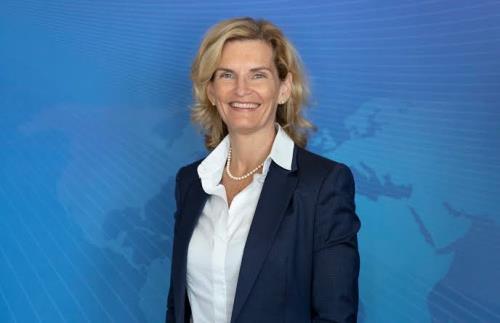
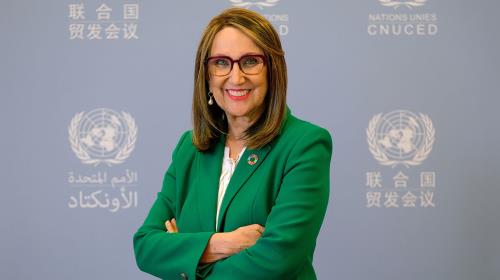
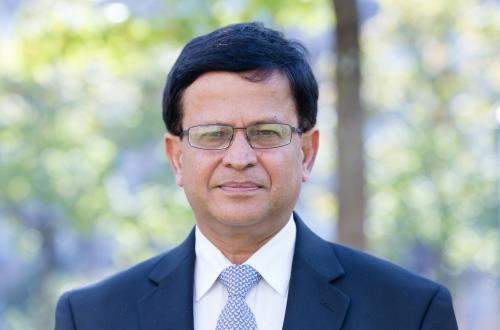

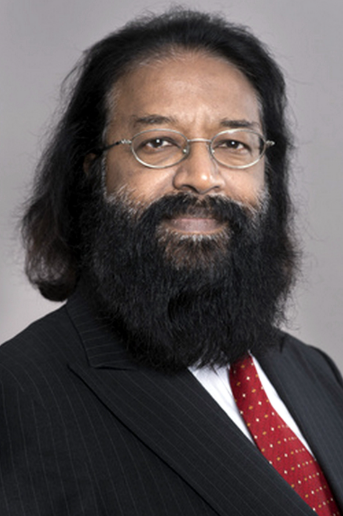
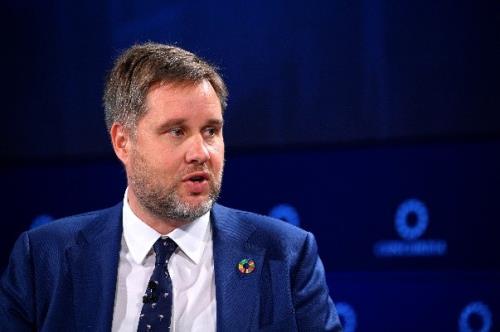
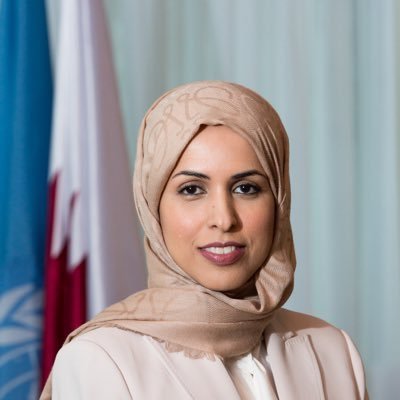
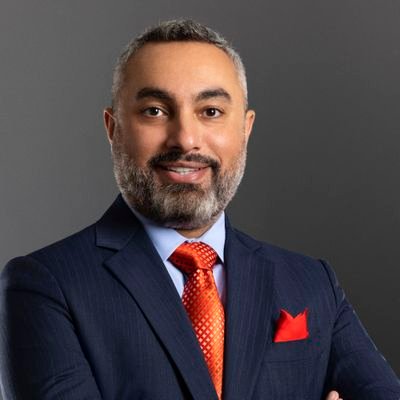
-
 C1. The role of governments and all stakeholders in the promotion of ICTs for development
C1. The role of governments and all stakeholders in the promotion of ICTs for development
-
 C2. Information and communication infrastructure
C2. Information and communication infrastructure
-
 C3. Access to information and knowledge
C3. Access to information and knowledge
-
 C4. Capacity building
C4. Capacity building
-
 C5. Building confidence and security in use of ICTs
C5. Building confidence and security in use of ICTs
-
 C6. Enabling environment
C6. Enabling environment
-
 C7. ICT applications: benefits in all aspects of life — E-government
C7. ICT applications: benefits in all aspects of life — E-government
-
 C7. ICT applications: benefits in all aspects of life — E-business
C7. ICT applications: benefits in all aspects of life — E-business
-
 C7. ICT applications: benefits in all aspects of life — E-learning
C7. ICT applications: benefits in all aspects of life — E-learning
-
 C7. ICT applications: benefits in all aspects of life — E-health
C7. ICT applications: benefits in all aspects of life — E-health
-
 C7. ICT applications: benefits in all aspects of life — E-employment
C7. ICT applications: benefits in all aspects of life — E-employment
-
 C7. ICT applications: benefits in all aspects of life — E-environment
C7. ICT applications: benefits in all aspects of life — E-environment
-
 C7. ICT applications: benefits in all aspects of life — E-agriculture
C7. ICT applications: benefits in all aspects of life — E-agriculture
-
 C7. ICT applications: benefits in all aspects of life — E-science
C7. ICT applications: benefits in all aspects of life — E-science
-
 C8. Cultural diversity and identity, linguistic diversity and local content
C8. Cultural diversity and identity, linguistic diversity and local content
-
 C9. Media
C9. Media
-
 C10. Ethical dimensions of the Information Society
C10. Ethical dimensions of the Information Society
-
 C11. International and regional cooperation
C11. International and regional cooperation
-
 Goal 1: End poverty in all its forms everywhere
Goal 1: End poverty in all its forms everywhere
-
 Goal 2: End hunger, achieve food security and improved nutrition and promote sustainable agriculture
Goal 2: End hunger, achieve food security and improved nutrition and promote sustainable agriculture
-
 Goal 3: Ensure healthy lives and promote well-being for all
Goal 3: Ensure healthy lives and promote well-being for all
-
 Goal 4: Ensure inclusive and equitable quality education and promote lifelong learning opportunities for all
Goal 4: Ensure inclusive and equitable quality education and promote lifelong learning opportunities for all
-
 Goal 5: Achieve gender equality and empower all women and girls
Goal 5: Achieve gender equality and empower all women and girls
-
 Goal 6: Ensure access to water and sanitation for all
Goal 6: Ensure access to water and sanitation for all
-
 Goal 7: Ensure access to affordable, reliable, sustainable and modern energy for all
Goal 7: Ensure access to affordable, reliable, sustainable and modern energy for all
-
 Goal 8: Promote inclusive and sustainable economic growth, employment and decent work for all
Goal 8: Promote inclusive and sustainable economic growth, employment and decent work for all
-
 Goal 9: Build resilient infrastructure, promote sustainable industrialization and foster innovation
Goal 9: Build resilient infrastructure, promote sustainable industrialization and foster innovation
-
 Goal 10: Reduce inequality within and among countries
Goal 10: Reduce inequality within and among countries
-
 Goal 11: Make cities inclusive, safe, resilient and sustainable
Goal 11: Make cities inclusive, safe, resilient and sustainable
-
 Goal 12: Ensure sustainable consumption and production patterns
Goal 12: Ensure sustainable consumption and production patterns
-
 Goal 13: Take urgent action to combat climate change and its impacts
Goal 13: Take urgent action to combat climate change and its impacts
-
 Goal 14: Conserve and sustainably use the oceans, seas and marine resources
Goal 14: Conserve and sustainably use the oceans, seas and marine resources
-
 Goal 15: Sustainably manage forests, combat desertification, halt and reverse land degradation, halt biodiversity loss
Goal 15: Sustainably manage forests, combat desertification, halt and reverse land degradation, halt biodiversity loss
-
 Goal 16: Promote just, peaceful and inclusive societies
Goal 16: Promote just, peaceful and inclusive societies
-
 Goal 17: Revitalize the global partnership for sustainable development
Goal 17: Revitalize the global partnership for sustainable development